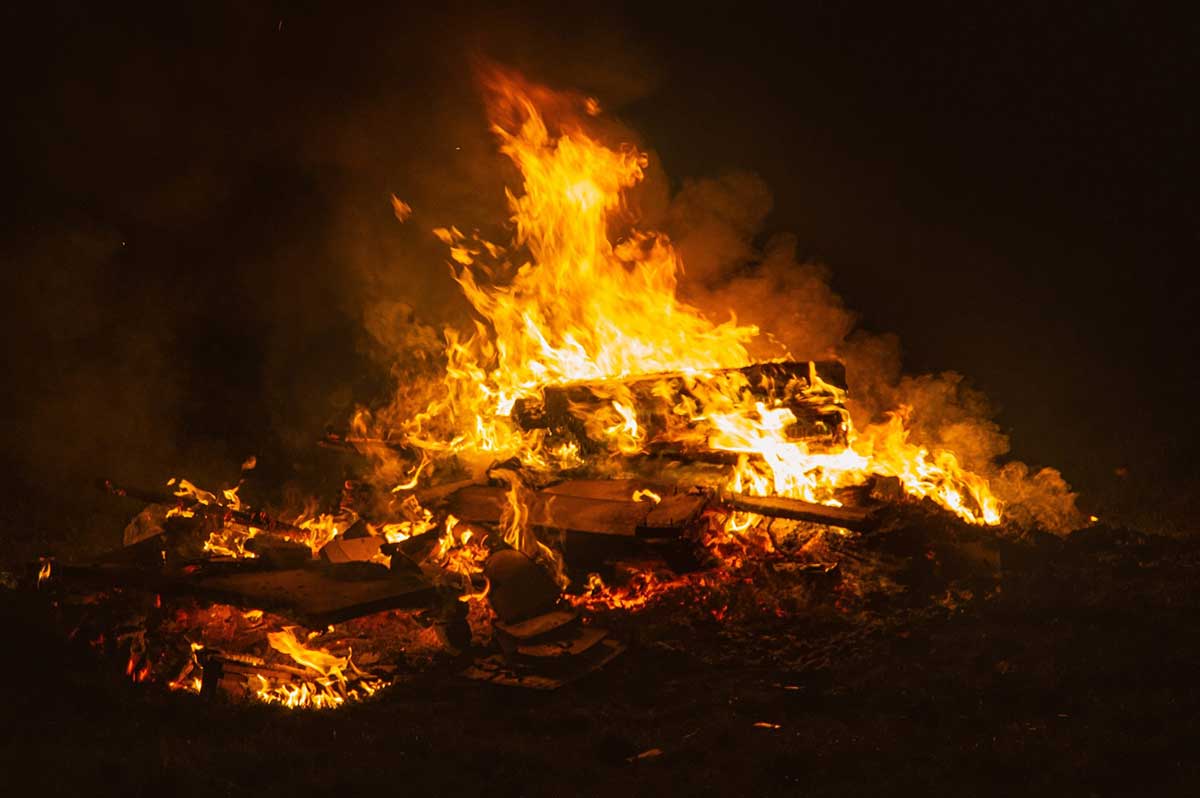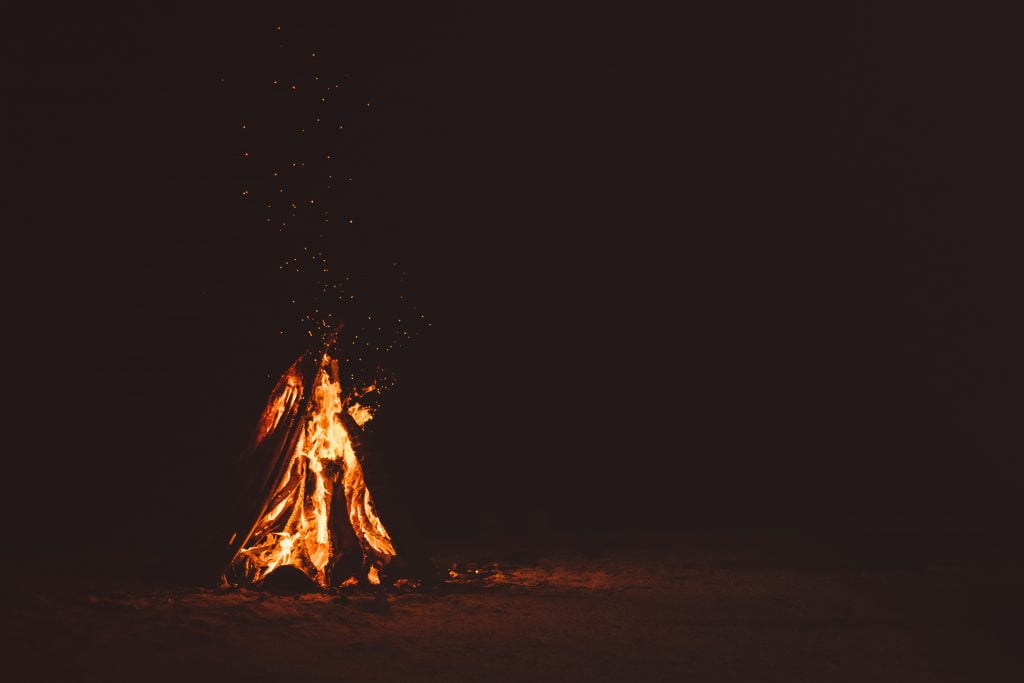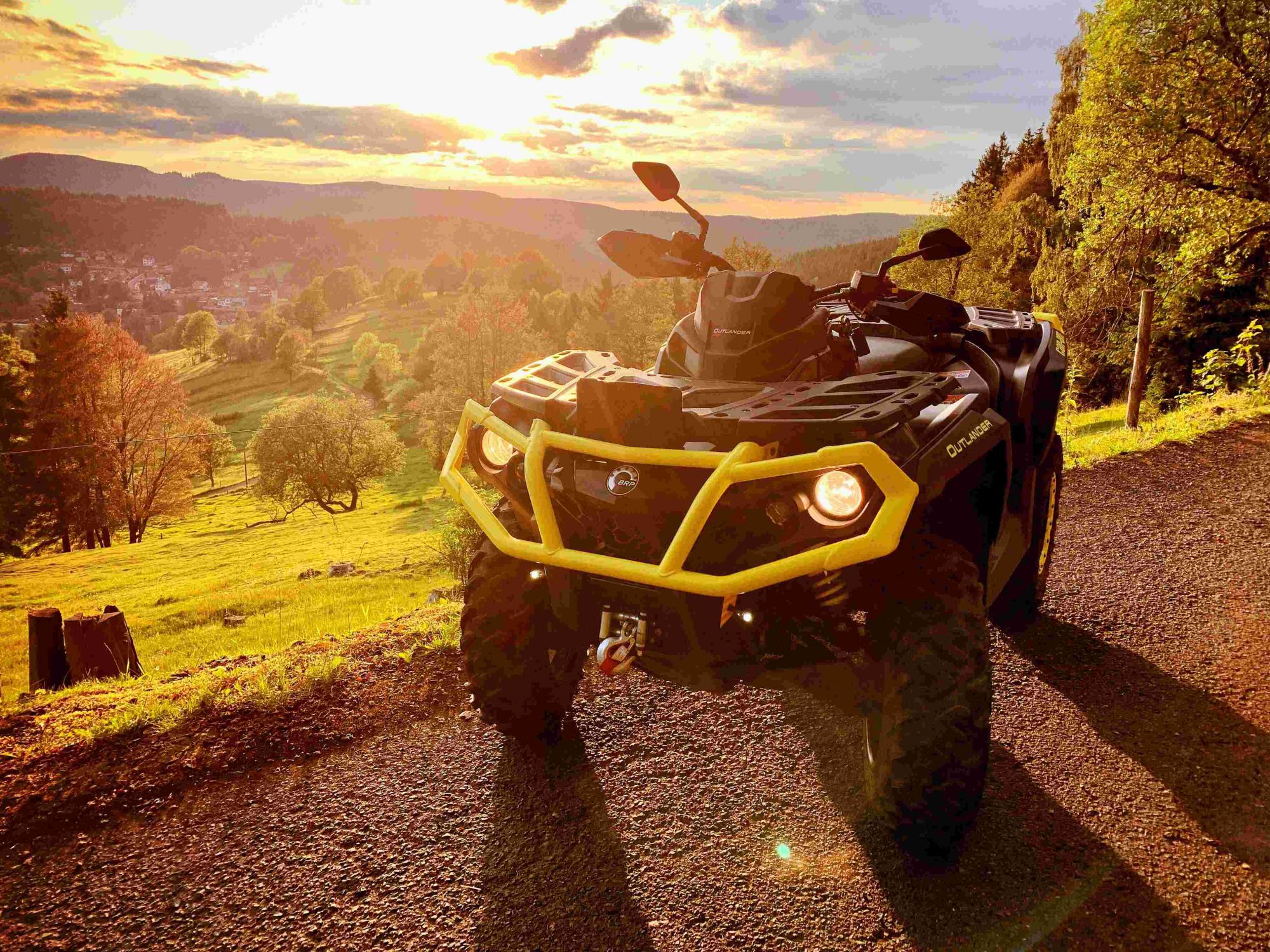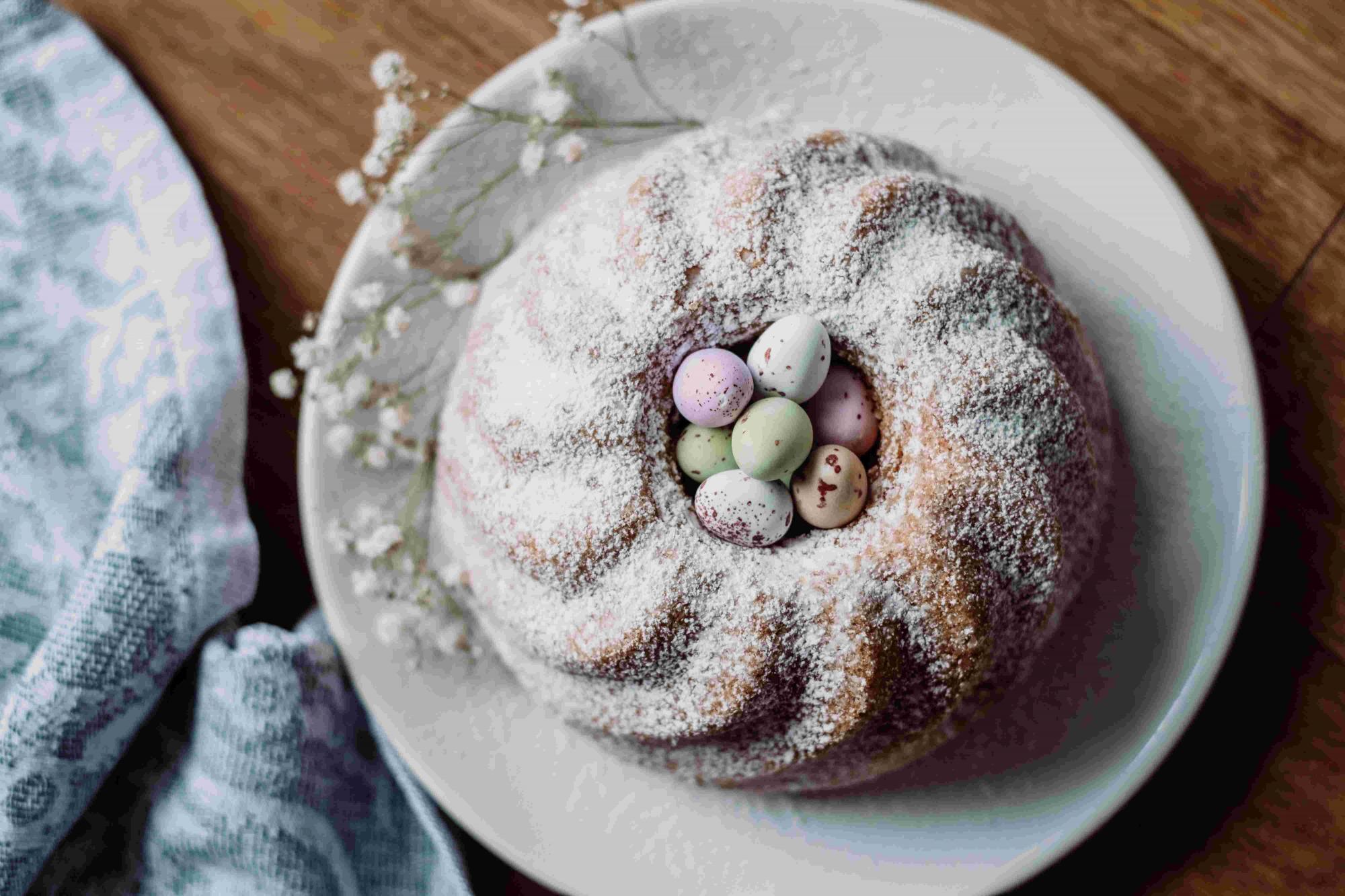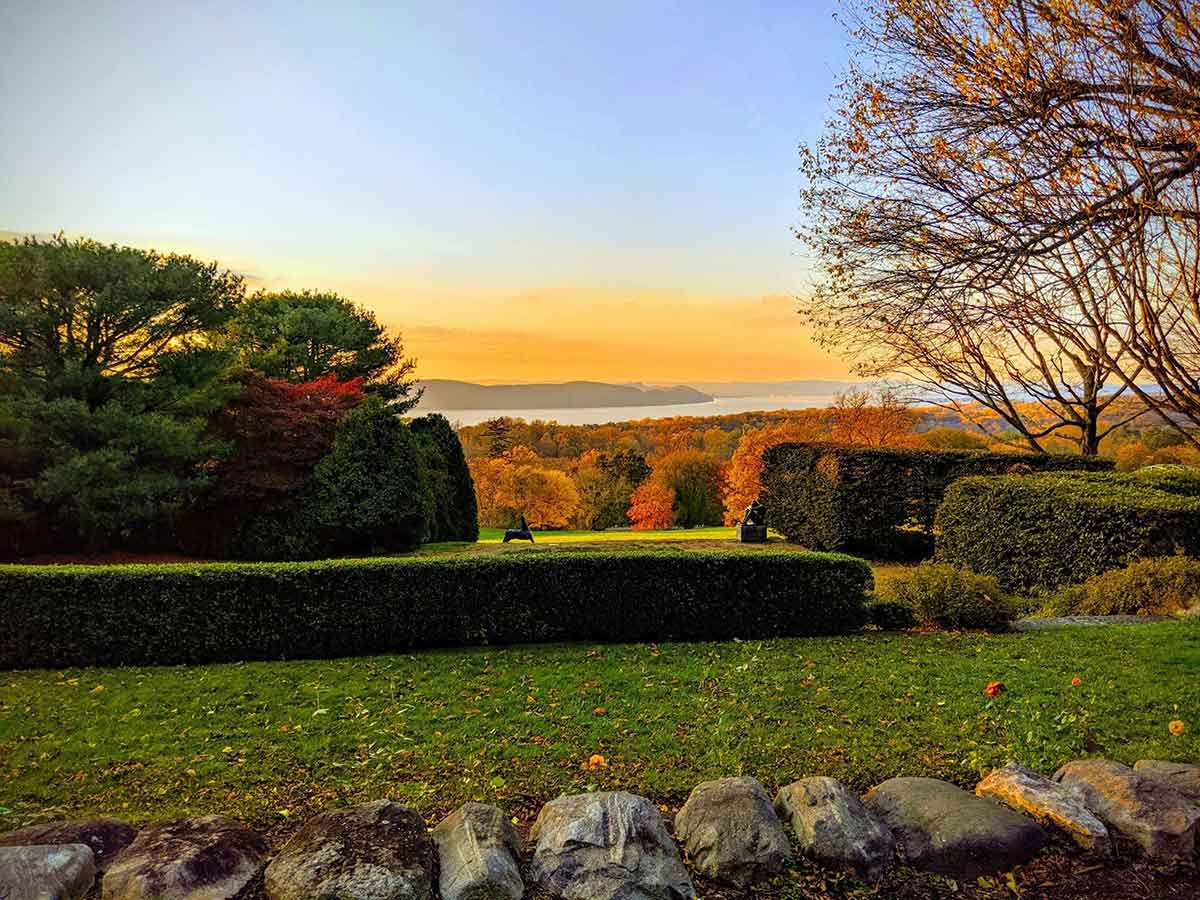Hosting a Bonfire Night can be a magical way to light up the dark autumn nights, especially when the 5th November falls on a Sunday this year. However, with all the fire and explosives involved it is vital to take all the precautions.
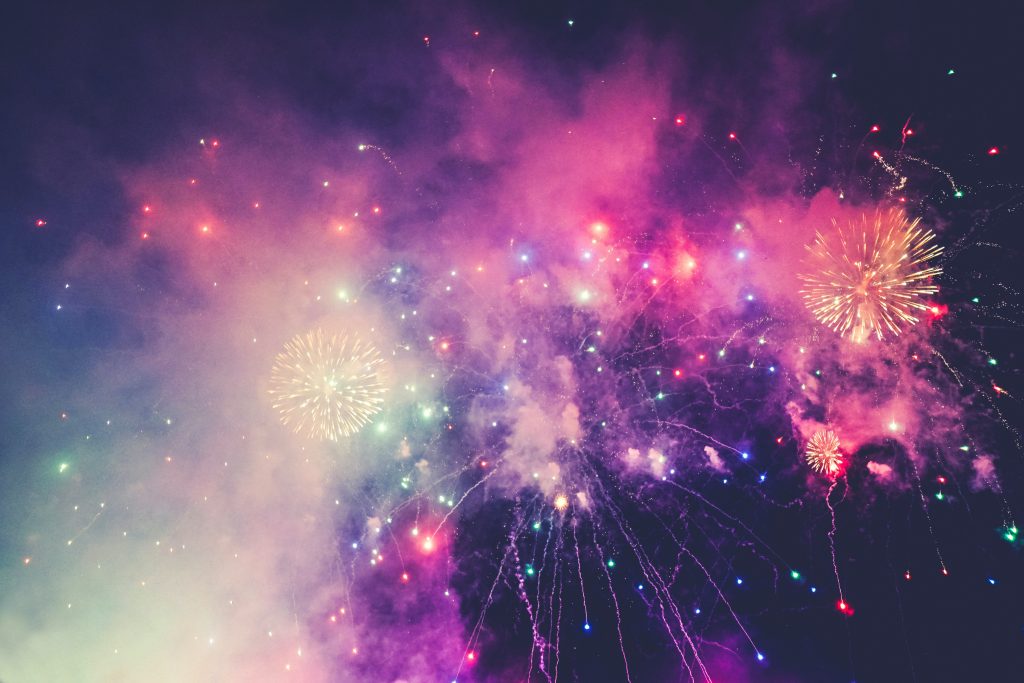
Fireworks
Although fireworks are impressive and beautiful, their explosive nature makes them very dangerous if they are not handled correctly. Follow these tips to keep your firework display fun:
- Only buy fireworks from reputable sellers, which are marked CE or UKCA (UKNI in Northern Ireland).
- Supervise any children and make sure they remain at a safe distance.
- Make sure pets are safely contained inside and close the curtains to drown out the noise as much as possible. Do not try to coax them out of their hiding place, as this may distress them further.
- Keep fireworks in a closed box until ready to use them and read all the instructions carefully. Never put fireworks in your pocket or throw them.
- Ensure fireworks are firmly stuck in the ground, and not pointing towards any houses or trees, etc. to prevent a fire.
- Light the fireworks at arm’s length with a taper and stand well back.
- Do not approach a firework after it has been lit, even if it doesn’t go off and it could still explode.
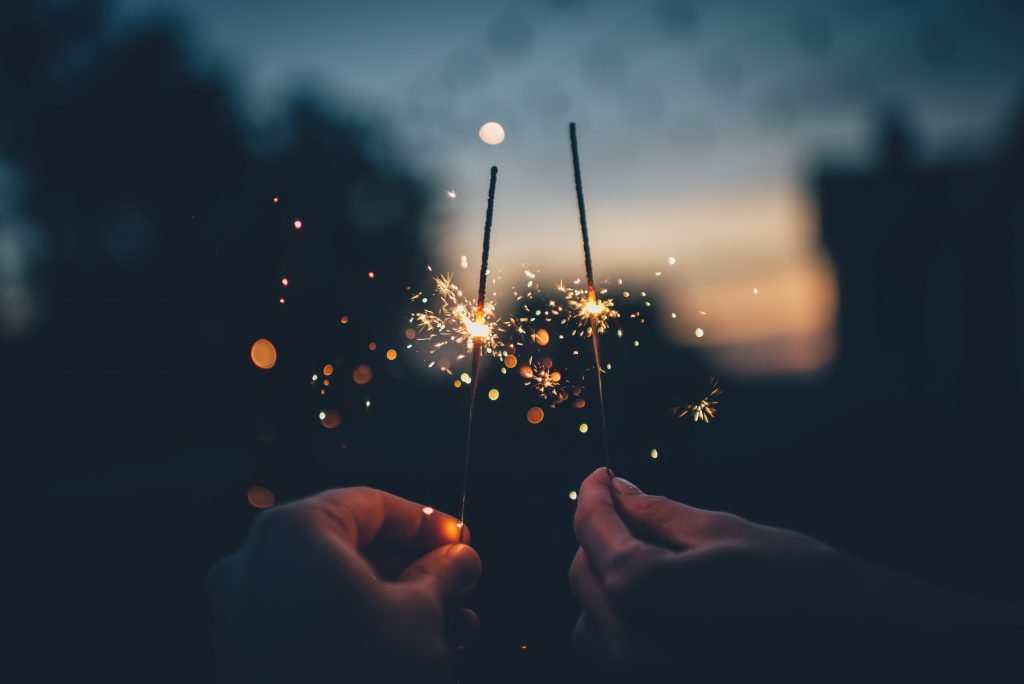
Sparklers
Both children and adults love waving a sparkler around, trying to spell out their name and making shapes with the light. However, they can burn at up to 1600°C, so it is important to take all precautions:
- Keep sparklers at arm’s length while lighting them.
- Always wear gloves when handling sparklers.
- Supervise children closely and do not give them to children under 5 years, or use them while holding infants.
- Don’t wave sparklers too close to other people or anything flammable.
- Have a bucket of cold water or sand ready for used sparklers.
Bonfires
For many of us, bonfires are a great way to get rid of waste wood and old paperwork, as well as an excuse to get out the marshmallows! Unfortunately, when they get out of hand, they can make do a lot of damage so it is wise to be careful:
- Let your neighbours know beforehand, so they are not negatively affected by the smoke.
- Don’t build your bonfire too far in advance, as it can incite anti-social behaviour.
- Make sure there is plenty of clearance around the bonfire, both around and above. A lot of damage can be caused if the fire is built too close to houses, trees and hedges, or below overhead wires.
- Check for animals and children hiding in and around the bonfire before lighting and make sure to keep everyone at a safe distance.
- Don’t start the fire by using flammable liquids like paraffin or methylated spirits.
- Don’t burn aerosols, plastics, tyres, cannisters or any home DIY materials other than wood, as these may produce toxic fumes or even explode.
- Keep a few buckets of water or a hose handy in case of an emergency or to damp it down after the event.

